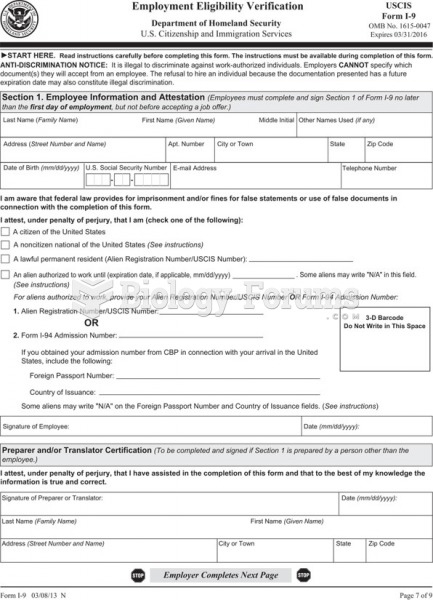This topic contains a solution. Click here to go to the answer
|
|
|
Did you know?
Asthma attacks and symptoms usually get started by specific triggers (such as viruses, allergies, gases, and air particles). You should talk to your doctor about these triggers and find ways to avoid or get rid of them.
Did you know?
Approximately one in four people diagnosed with diabetes will develop foot problems. Of these, about one-third will require lower extremity amputation.
Did you know?
Excessive alcohol use costs the country approximately $235 billion every year.
Did you know?
Medication errors are more common among seriously ill patients than with those with minor conditions.
Did you know?
Your heart beats over 36 million times a year.







